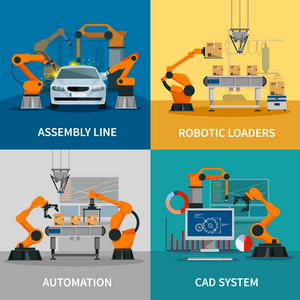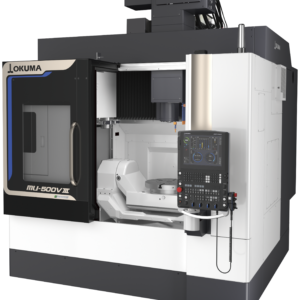Manufacturers taking advantage of advanced analytics can reduce process flaws, saving time and money. They grow up to increase profits in the industry.
In today’s complex business environment, organizations are generating more and more data and are increasingly concerned with using that information to make better decisions. Big Data is becoming one of the most important drivers of a company’s success. Some industries are experiencing great evolutions stemming from data and analytics, such as Process, measurement, and maintenance services.
CAPITALIZING ON BIG DATA
The critical first step for manufacturers that want to use advanced analytics to improve yield is to consider how much data the company has at its disposal. Most companies collect vast troves of process data but typically use them only for tracking purposes, not as a basis for improving operations. For these players, the challenge is to invest in the systems and skill sets that will allow them to optimize their use of existing process information—for instance, centralizing or indexing data from multiple sources so they can be analyzed more easily and hiring data analysts who are trained in spotting patterns and drawing actionable insights from information.
In recent years, the initiatives such as the “Industry 4.0” strategy in Germany, the “Industrial Internet” strategy in United States, the “Manufacturing White Book of Year 2014” published in Japan, and the “Made in China 2025” plan formulated and published in China, have made intelligent manufacturing as an orientation supported by their nations with priority. Under the background of Cyber-Physical Systems (CPS) in “Made in China 2025” and “Industry 4.0,” it is essential to establish the intelligent factories based on the industrial big data and “Internet plus.” Currently, the manufacturing field still faces various global challenges. For example, under the support of emerging information technologies (e.g., industrial wireless networks, big data analysis, software defined networks, CPS and cloud computing), implementation of Ontology modeling towards the intelligent manufacturing product lines, and performing diagnosis, optimization and reconfiguration on intelligent product lines through industrial big data analysis, have important research values and urgent realistic application demands. Investigation and application of the new generation of intelligent manufacturing technologies to improve the flexibility of intelligent manufacturing product lines and the utilization efficiency of the resources have important theoretical significance and engineering application values.

IN THE INTELLIGENT MANUFACTURING HAS THE FOLLOWING TYPICAL CHARACTERISTICS
- Highly correlated: the intelligent manufacturing systems exist under a networked environment in which manufacturing/detecting /assembling devices, warehouse storage system, transmission system, workpiece, server, and surveillance terminals are all interconnected through multiple types of networks such as cabled, wireless and real-time / non-real time, to communicate and exchange data with each other.
- Deep integration: the intelligent physical substance in the bottom layer and the surveillance terminal in the upper layer are interconnected and internetworked with the cloud platform. Different types of information in the system that real-timely uploaded to the cloud platform form the industrial big data and thereby it can simultaneously perform data processing, control and physical operations in a network, break the information barriers of each process, and realize the deep integration of physical environment and information environment, which is the cyber-physical system.
- Dynamic reconfiguration: in order to adapt the efficient production of multi-type and small-batch products, it is necessary to determine the required type of devices and transmission paths according to the health status of the equipment and the type of the workpiece. Since the health status of the equipment and the type of the workpiece are dynamically changing, it is essential to dynamically reconstruct the system source during the operation of systems.
- Huge volume of data: the intelligent manufacturing system must satisfy the small batch of personalization. Each type of intelligent substance needs real-time negotiation on reconstruction to generate large amount of data including the health status of the equipment, the status of the manufacturing process and the product information. The applications of high-speed networks technology, cloud computing technology, and big data processing technology enable transmission, storage, processing and analysis of huge volume of data.





